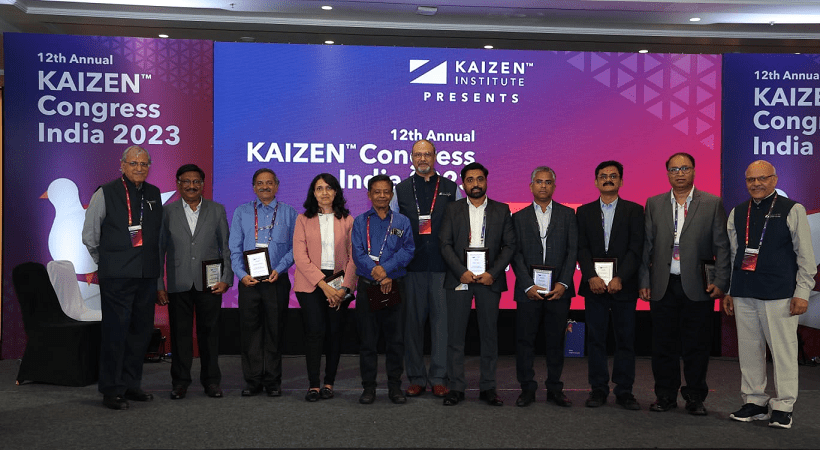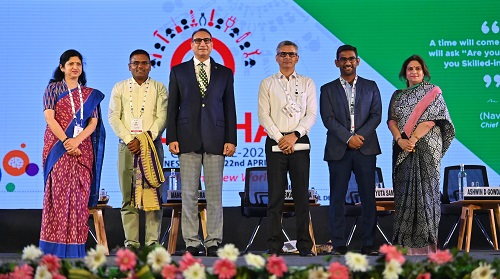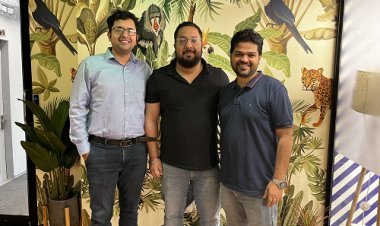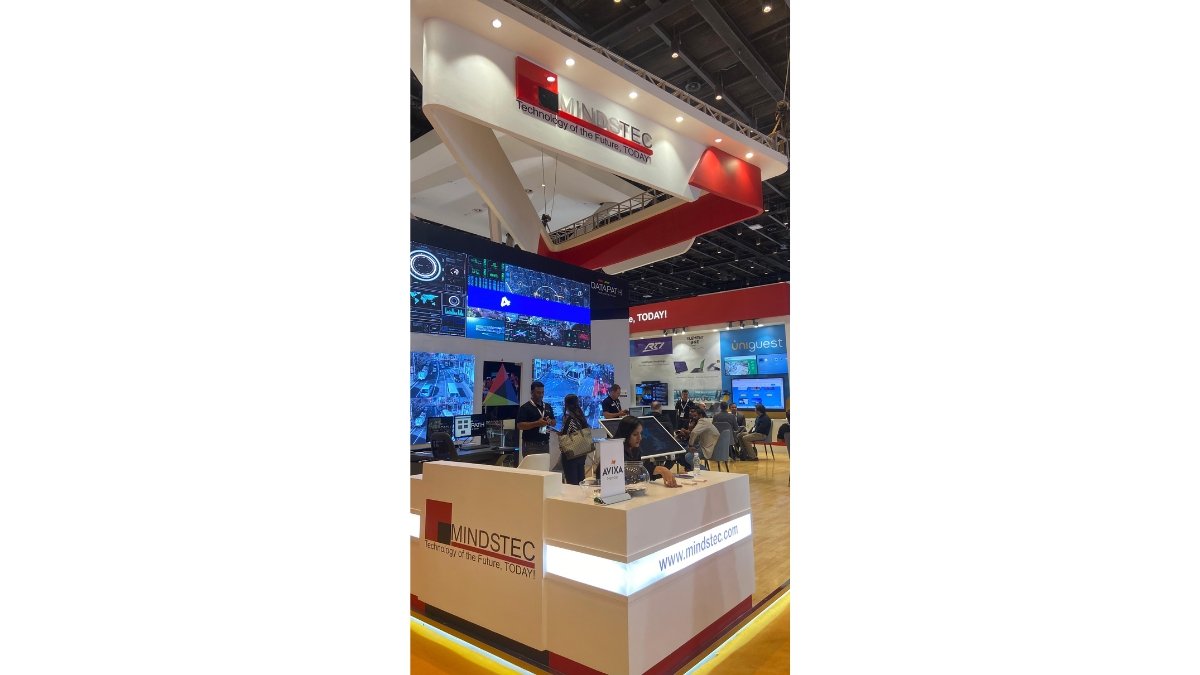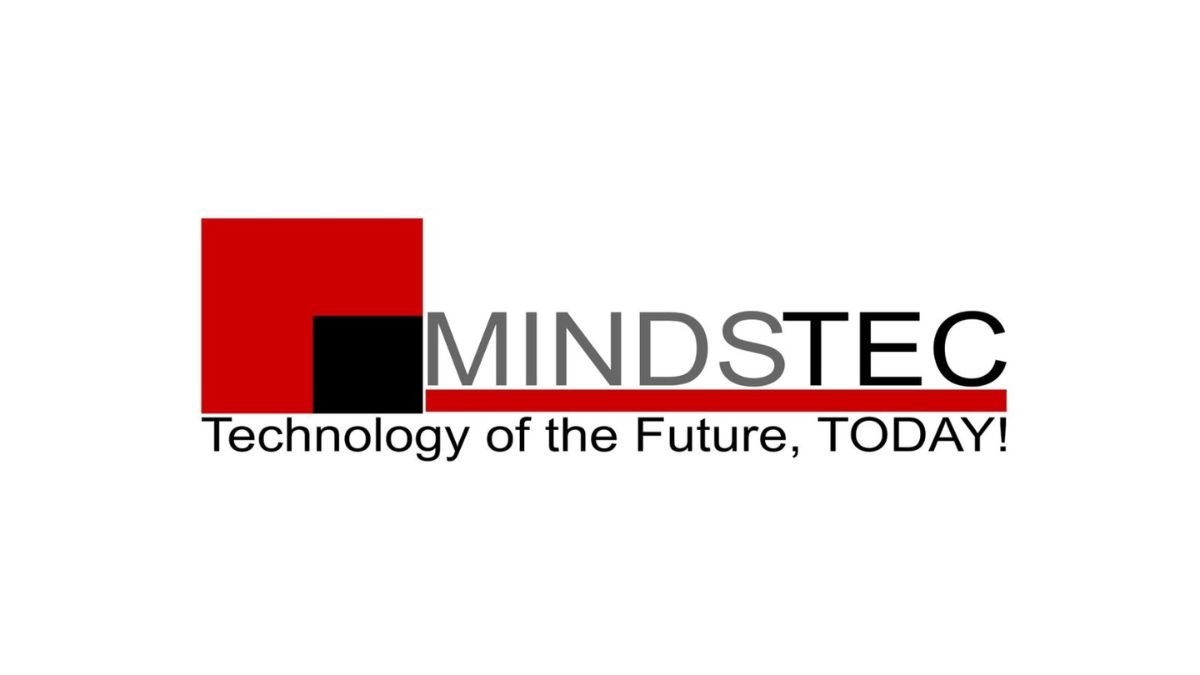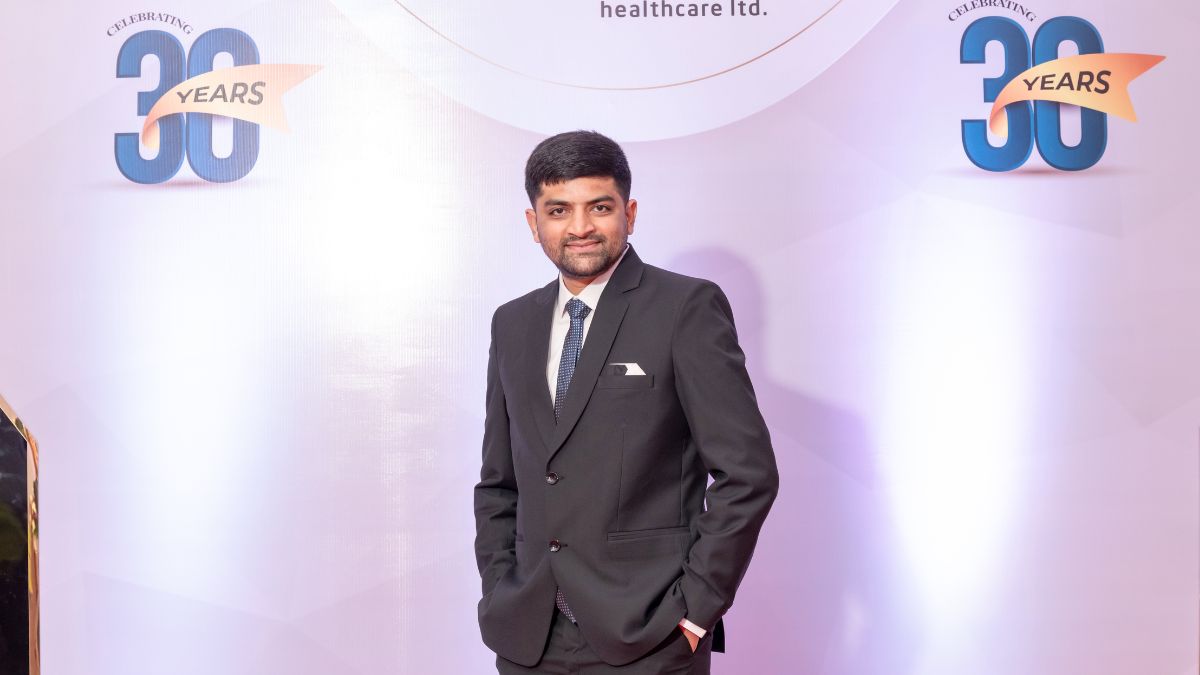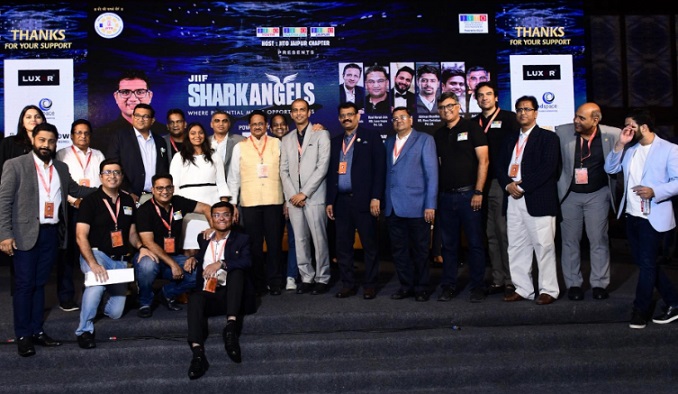Make mental health a priority- Dr Neha Gupta
New Delhi [India] October 10: Dr. Neha Gupta, Rehabilitation Psychologist & Clinical Hypnotherapist and the Founder of Antarman Healthy Mind & Body, explains her journey to provide comprehensive care for individuals dealing with various challenges, from Autism to ADHD and more. In 2017, we embraced the name “Antarman” for our clinic, recognizing its profound meaning as [...]

New Delhi [India] October 10: Dr. Neha Gupta, Rehabilitation Psychologist & Clinical Hypnotherapist and the Founder of Antarman Healthy Mind & Body, explains her journey to provide comprehensive care for individuals dealing with various challenges, from Autism to ADHD and more.
In 2017, we embraced the name “Antarman” for our clinic, recognizing its profound meaning as the “inner self” of every child we serve. Antarman represents our commitment to delving deep into the unique thoughts, emotions, beliefs, and consciousness of each young individual who walks through our doors. It’s a constant reminder of our dedication to understanding and addressing their inner needs and challenges, guiding them towards holistic development and well-being.
At Antarman, we understand that every disorder is a unique neurological condition that affects individuals differently. Our goal is to create a safe and inclusive environment where adults and pediatric clients can thrive, discover their strengths, and overcome challenges. We believe in a holistic approach that addresses the mind and body, recognizing the interconnectedness of mental and physical well-being.
Our team of highly trained professionals, including psychologists, therapists, and specialists, work collaboratively to design personalized treatment plans tailored to each individual’s needs. We offer a range of evidence-based interventions and therapies that aim to enhance communication, social skills, and emotional regulation. Through individual and group sessions, we provide opportunities for individuals with autism to develop essential life skills and improve their overall quality of life. My journey into psychology began in late 2007, during a time when the field wasn’t as popular or widely recognized as it is today. Despite the challenges and the lack of enthusiasm among my peers, I was drawn to the profound impact psychology could have on people’s lives. However, it wasn’t an easy path. In 2009, I faced a devastating loss when my younger brother passed away, plunging me into a period of deep depression. It was during this dark time that I truly understood the importance of mental health and the resilience required to overcome emotional trauma.
Supported by my friends, family, and colleagues, I emerged from this experience with a renewed sense of purpose and a determination to make a difference in the field of psychology. I began my professional journey by receiving training in psychiatry under the guidance of Dr. J.M. Wadhawan Ganga Ram Hospital Subsequently, I gained valuable experience working with Dr. Roma Kumar at Ganga Ram Hospital, where I had the opportunity to observe and manage pediatric cases.
In 2011, I joined Apollo Cradle Gurugram as a Senior Psychologist, where I independently handled cases of Autism, ADHD, Intellectual Disability, Cerebral Palsy, and various other disorders. My responsibilities included conducting comprehensive case assessments, developing individualized therapy plans, and providing ongoing support to patients and their families.
Building on this experience, I furthered my career by joining Lok Nayak Jai Prakash Hospital in 2012 as a Research Associate. Here, I had the privilege of working as part of a collaborative team with the World Health Organization (WHO) and the Indian Council of Medical Research (ICMR). This role allowed me to contribute to important research initiatives while honing my skills in data analysis, project management, and interdisciplinary collaboration.
Psychology delves into understanding the human mind to help people strengthen relationships, overcome challenges, and improve their lives. Effective psychologists possess key traits that students can develop over time.
As a psychologist, I’ve come to understand that effective practice goes beyond just applying techniques—it’s about embodying certain qualities and skills that truly connect with individuals. For me, these aspects are deeply personal and integral to my approach:
Empathy is like a guiding light in my work. It’s what allows me to step into someone else’s shoes, understand their struggles, and provide the support they need with genuine care and compassion.
Active listening isn’t just about hearing words; it’s about truly listening to the emotions behind them. It’s in those moments of attentive listening that I can truly connect with my clients and build a trusting relationship.
Critical thinking has become second nature to me. It’s the tool I use to analyze situations, weigh options, and make decisions that are not only effective but also ethically sound.
When it comes to management style, I align closely with an approach that emphasizes flexibility, empathy, and collaboration. I believe in leading by example and empowering my team to take ownership of their work while providing support and guidance as needed. Rather than imposing rigid rules or structures, I prefer to foster an environment where creativity and innovation can flourish. My easy-going nature allows me to adapt to different situations and personalities, ensuring that everyone feels valued and heard.
In determining realistic rehabilitation goals for patients, I rely on a client-centered approach that prioritizes their individual needs and aspirations. By maintaining open communication and actively listening to my clients, I gain insights into their unique circumstances, challenges, and goals. Instead of imposing my expectations, I guide clients to articulate their own aspirations, empowering them to take an active role in defining their rehabilitation journey. This collaborative process ensures that the goals set are realistic, achievable, and meaningful to the client, increasing their motivation and engagement in the rehabilitation process.
My approach to both management and rehabilitation goal-setting revolves around fostering autonomy, empathy, and collaboration. By prioritizing clear communication, flexibility, and a client-centered mindset, I strive to create environments where individuals feel empowered to reach their full potential and achieve their desired outcomes.
Throughout my career, I’ve had the privilege of coaching and mentoring individuals facing various challenges, especially those dealing with stressors that impact their daily lives. By providing a supportive and empathetic environment, I’ve helped guide them through their difficulties, offering strategies and coping mechanisms tailored to their unique circumstances. Witnessing their progress has been immensely rewarding, as I’ve observed significant improvements in their overall well-being and quality of life.
Many patients I’ve worked with have undergone remarkable transformations, transitioning from a state of distress to a place of stability and fulfilment. Through our coaching sessions, they’ve developed resilience, learned effective coping strategies, and gained insight into managing their stressors more effectively. Witnessing their growth and seeing them live more fulfilling lives has reinforced my belief in the power of compassionate support and personalized guidance in helping individuals overcome challenges and thrive.
If you have any objection to this press release content, kindly contact pr.error.rectification@gmail.com to notify us. We will respond and rectify the situation in the next 24 hours.







